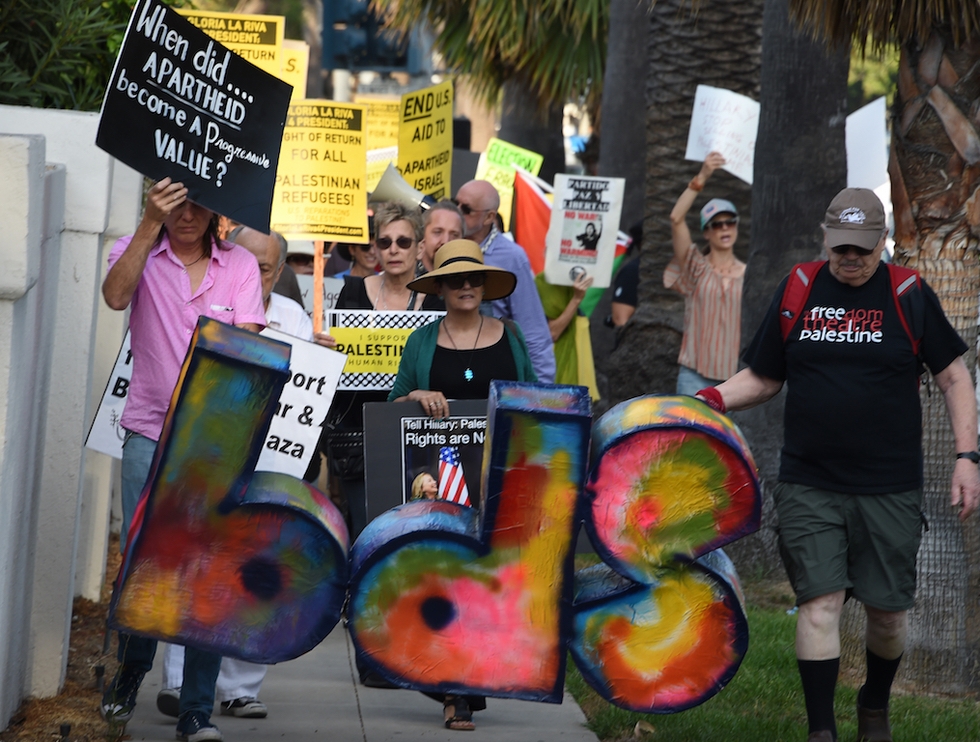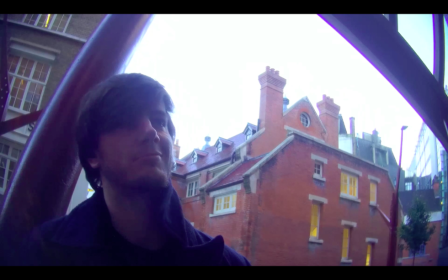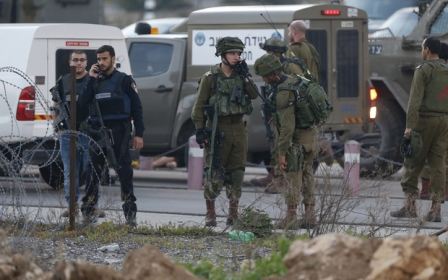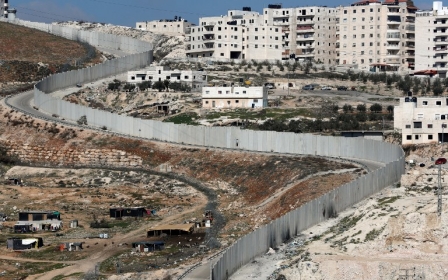Israel approves bill barring entry to foreigners calling for Israel boycott

The Israeli Knesset on Monday gave final approval to a bill forbidding entry to the country by those who called for a boycott of Israel or settlement products in the occupied West Bank.
Individuals who call for economic, cultural or academic boycotts of either Israel or the settlements will be forbidden entry visas or residency rights, though the interior ministry would be able to make exceptions in special cases.
The Knesset interior and environment committee approved the final wording of the boycott bill, which will ban any person “who knowingly issues a public call for boycotting Israel that, given the content of the call and the circumstances in which it was issued, has a reasonable possibility of leading to the imposition of a boycott – if the issuer was aware of this possibility.”
Notably, the ban applies to those who call for boycotts of any “area under its control”, meaning that the ban would apply to those calling for a boycott of the Golan Heights, East Jerusalem - both illegally annexed - or the settlements under Israeli control in the occupied Palestinian territories.
According to Haaretz, the Israeli Justice Ministry urged the committee to make exceptions for Palestinians with temporary residency in Israel, arguing it would make it easier for the law to withstand scrutiny by the courts.
But the committee reportedly rejected the idea.
"Why should I bring someone into my house who demonizes and undermines the state?” asked panel chairman David Amsalem, a member of the Likud party.
“We’re not afraid of criticism, but we have national pride. Someone who has already received temporary residency from us and is being considered for permanent residency, who comes and harms us, as a guest, why should we let him stay?”
Sponsor Roy Folkman, an MK from the centrist Kulanu party, emphasised that the ban would not simply apply to anyone who ever signed a petition against, for example, purchasing wine made in the settlements and noted that that the definition contains several restrictive requirements.
“It doesn’t cover any individual who ever said something,” he said.
“It’s aimed mainly at organisations that work against Israel.”
New MEE newsletter: Jerusalem Dispatch
Sign up to get the latest insights and analysis on Israel-Palestine, alongside Turkey Unpacked and other MEE newsletters
Middle East Eye delivers independent and unrivalled coverage and analysis of the Middle East, North Africa and beyond. To learn more about republishing this content and the associated fees, please fill out this form. More about MEE can be found here.




